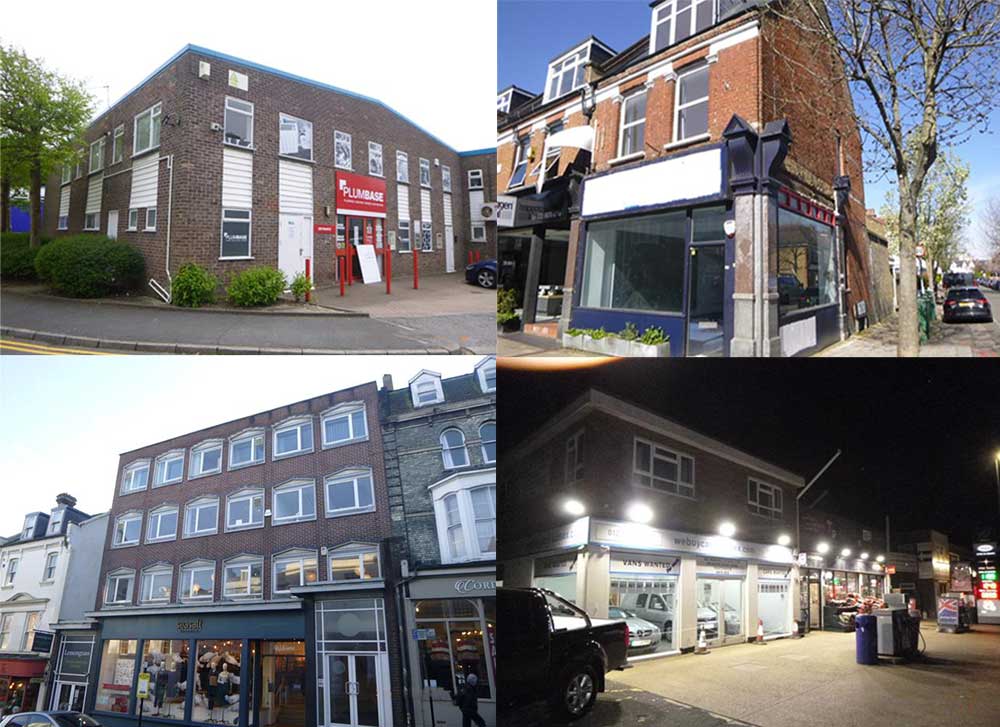A Commercial Energy Performance Certificate (EPC) is an energy survey that defines the energy efficiency of a building or commercial premises. The ratings for a commercial EPC start at G, the least energy-efficient evaluation, and go up to A, for a building which is the most efficient.
Across the country, there is a wide range of
commercial premises from offices housed in Victorian and Georgian buildings to
warehouses that are poor when it comes to energy efficiency.
Any premises built recently comply with stringent standards. Our job is very varied and interesting as we survey all kinds of properties from small corner shops to large manufacturing units and public buildings.
Why do I need an
EPC?
EPCs were initially introduced by a European
Directive (Directive 2002/91/EC – EPBD) to increase efficiency across all
member states.
Like all other countries across the world, energy
consumption is increasing, as are CO2 emissions. The challenge remains to
reduce harmful emissions that are a by-product of energy production and to
ensure, in the medium and long-term, that our energy supplies are secure and
viable.
EPCs were introduced as a method of assessing the
energy performance of buildings in particular; heating, cooling and
ventilation.
The set of standards provide a minimum for new
buildings and improvements to large buildings. Energy Performance Certificates
show the current level of performance of a building and, for public buildings,
these certificates (DECs) have to be displayed.
EPC improvements
The certificates include suggested improvements for
energy efficiency on insulation, heating, lighting, ventilation and cooling
systems. They also raise awareness for the occupier of the building and alert
the landlords to the energy efficiency of their properties.
Do I need a
commercial EPC?
If you rent or sell commercial premises or, if the
property has been recently constructed, then an EPC is a legal requirement. The
EPC will provide the tenant, or prospective buyer, with updated information on
the energy efficiency of the premises.
How long does a
commercial EPC last?
A commercial EPC is valid for ten years from the
time when it is registered. Any new EPC would replace the original, and
buildings can only have one valid EPC.
If the property is updated or has a significant
change, ie an extension, changes to the fabric or other modifications, a new
EPC should be produced.
The reasons a Commercial
EPC is not required
When the building is a non-public existing building
and not exchanging ownership or occupancy.
If the property is primarily used as a place of
worship
When the building is a temporary structure with a
lifespan of less than two years.
If the building is a barn or agricultural building
with no HVAC system, it could be exempt.
Standalone buildings with a floor area of less than
50 square metres
Protected buildings with a designated environmental
or historical status.
The benefits of
having a commercial EPC
The domestic market and the commercial market are
now assessed more so than in the past. This increased transparency makes it
easier to compare properties.
With rising energy prices, the costs of running a
building are considerable, and therefore making sure your premises have a good
energy rating is likely to place you in a better position when leases come up
for renewing or, when renting your buildings.
Commercial buildings are more energy-hungry during
the day as there are more machines to run and ventilation to consider. It is
vital, therefore, to know how well your properties are performing, especially
in a competitive area where business rates and rent are high.
Do you need a
Commercial EPC?
If you would like to talk further, please contact us for details. Prices start at £150 including the Lodgement Fee but will vary dependent upon the size of your building and number of zones.
Fill in our short form or call us on 01273 458484


